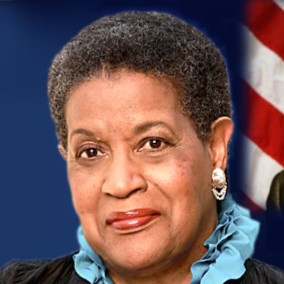
Mississippi State University and the Myrlie Evers-Williams Institute for the Elimination of Health Disparities at the University of Mississippi Medical Center have partnered for a new initiative to combat racial healthcare disparities in the state of Mississippi.
The new partnership will focus on the following areas: child health disparities, HIV/AIDS disparities, minority male disparities, and cancer-related disparities.
Mark Keenum, president of Mississippi State University, said that “we know there is power in partnerships, and we look forward to melding the efforts of our two institutions to achieve more on behalf of Mississippi’s most disadvantaged citizens that we could hope to achieve separately.”









